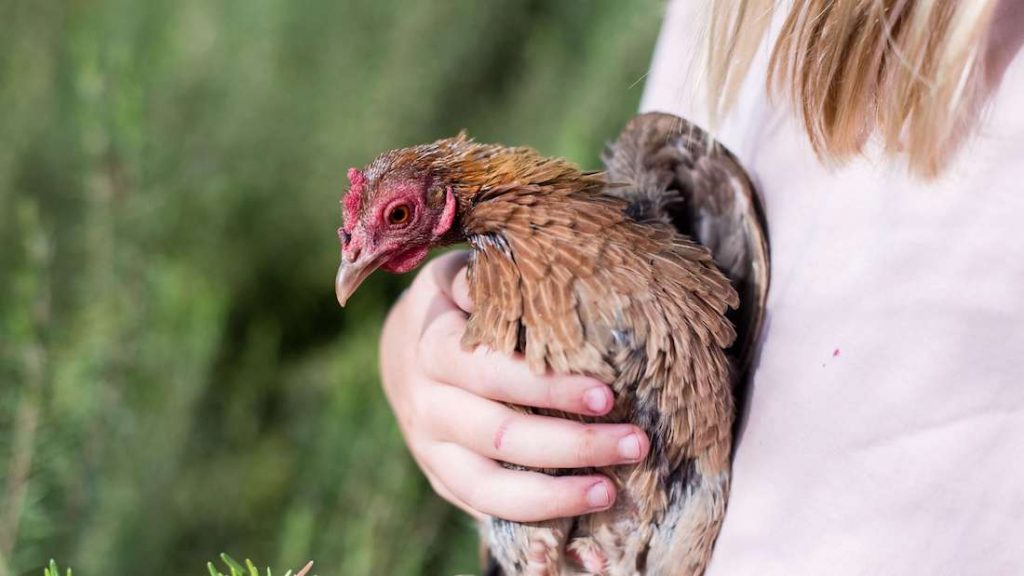The Israeli Ministry of Agriculture has launched a new campaign urging practitioners of the Jewish faith to donate money rather than chickens for Kapparot in order to reduce cruelty to animals.
Also called “Kaparot” or “Kaporos,” the atonement ritual is practiced on the eve of Yom Kippur, the holiest day in Judaism. Traditionally, those who take part in the ritual say a prayer while another person circles their head with a chicken three times. The Hebrew prayer translates to: This is my exchange, this is my substitute, this is my expiation. This chicken shall go to death and I shall proceed to a good, long life and peace.”
The chicken is then slaughtered as a representation of the individual being punished for their sins and the meat is typically donated to the poor. In modern times, money is considered an acceptable substitute for live hens in the Kapparot ritual. In order to promote the use of money rather than chickens, Israel National News reports the ministry has released a short animated video. In the video, a man prepares for Kapparot, rooster in hand, when the animal cries out in protest. A voiceover then states, “This year, we’re doing Kapparot with money and helping needy people.”
This is not the first time that the Israeli government has spoken out against the use of live chickens for Kapparot. The cities of Tel Aviv, also known as the vegan capital of the world, Rishon Letzion, and the central city of Petach Tikva have all forbidden the ritual on the grounds of protecting animal rights.
According to New York City-based nonprofit organization, the Alliance to End Chickens as Kaporos, hens destined to be slaughtered in the ritual are left crammed in crates without food, water, or shelter in the six days leading up to the eve of Yom Kippur. It also notes that Kapparot is not mentioned in the Torah or the Talmud and that many early Jewish scholars strongly opposed the use of chickens. According to Chedva Vanderbrook, a board member of the Jerusalem SPCA, described the treatment of chickens in Jerusalem: “The chickens are brought to the slaughter in cramped cages without water in the broiling sun. Half of them die on the way.”
Beyond a cruelty-free Kapparot, many members of the Jewish community are adopting a plant-based diet for reasons such as health and animal welfare. Last June, five synagogues in the U.S. signed on to The Synagogue Vegan Challenge in order to improve community health.
In September 2017, the Jewish Vegetarian Society issued a declaration signed by 70 rabbis from across the globe. The statement read: “We, the undersigned rabbis, encourage our fellow Jews to transition toward animal-free, plant-based diets. This approach to sustenance is an expression of our shared Jewish values of compassion for animals, protection of the environment, and concern for our physical and spiritual well-being.”
Become a CLUBKINDLY member today!


